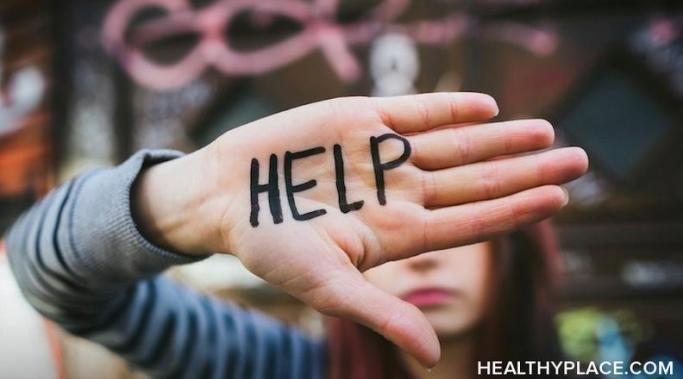Blogs
Have you ever noticed that when you spend time around someone who’s in a great mood it often lifts your mood up too? Similarly, if you spend time with someone who is really down, you feel less happy? Part of the reason for this is mirroring. It’s the concept that we image back what people show to us. Human see, human do.
So how can we use this idea to our advantage when we’re depressed?
The recent Colorado shooting has spawned a great deal of media coverage. The flamboyant orange hair, the booby-trapped apartment, the broken social life and the supposed high intelligence of the accused make it an intriguing case. As I have been researching this post, it seems as though everyone with a blog has the proper theory as to why James Holmes killed 12 people at a Batman: The Dark Knight Rises premiere in Colorado.
Does cheating on your abuser help you to cope with their abuse? Does a new love help you to heal? There is a little bit of truth in answering "yes," but there's more truth in a big fat "no."
Addiction is an epidemic but, unfortunately, many barriers to drug addiction treatment exist. Fortunately, for some, there is help available in the form of outpatient/inpatient treatment and/or 12-Step programs. Despite this many individuals do not seek the help they need to recover from their addictions. This is possibly due to several reasons, and we call those reasons barriers to drug addiction treatment
When you were first diagnosed with a mental illness, you were probably pretty confused. Life became sort of foreign. Sometimes, the past felt like a preferable place to be, even if we were sick. After all, we didn't always know we were ill. But after we come to a place of acceptance, we learn a few things and one of them is understanding signs of a mental health relapse.
Recently I wrote about how people tend to ignore suicide threats online. And one of the reasons people ignore these threats is because they don't take them seriously. Some people even believe that suicide threats are just a cry for attention.
Depression and anorexia go hand in hand.
And it doesn't end during recovery.
It started out slowly.
Not following my meal plan. Eliminating foods here and there.
It's okay. I'm still eating.
Then the apathy started. I couldn't seem to do anything. Dishes went unwashed. Laundry piled up. My study exploded with paper and books, piles everywhere. A thin layer of soap scum accumulated on the tub's surface. Bills didn't get paid.
I couldn't read. I couldn't breathe. I couldn't write. I couldn't even think.
Then on Sunday night, I took a bunch of laxatives.
Why?
Recently suicide threats are on my mind as I had to deal with a very serious one last week on Facebook. There are two things that shock me about suicide threats online:
People usually ignore them.
Some (depraved) people actually egg the suicidal person on.
Now, I won’t go on about how deplorable it is to egg on another person’s suicidal ideation or threat, but I do want to discuss why people ignore suicide threats.
The title of this blog probably does not come as a surprise: When your mind shuts down your body reacts as well. It is not a positive reaction. It is directly connected to our brain chemistry. The neurons that are not acting as they should--a chemical imbalance. Simple, Right?
About a year ago it occurred to me that managing cortisol might directly impact symptoms of Dissociative Identity Disorder (DID) and Post-Traumatic Stress Disorder (PTSD). Because cortisol is an adrenal hormone secreted during periods of high stress, it seemed logical that people with trauma disorders would have higher-than-average cortisol levels. The symptoms of cortisol imbalance supported that idea, and since taking the steps to stabilize those theoretically high cortisol levels could do me nothing but good either way, I launched an experiment. I quit smoking, swore off dieting, and tried to get better sleep. Did it help?









